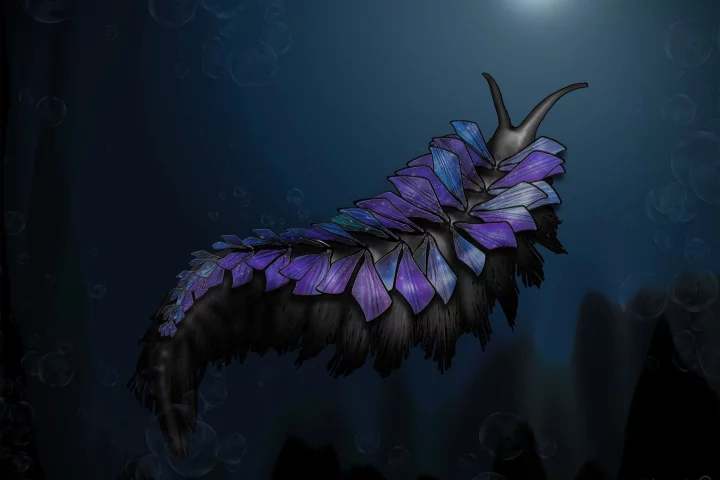University of Kansas
-
A new genus and species of ancient sea worm with an impressive set of star-shaped chaetae has been identified, after its fossil first puzzled paleontologists. Thanks to its alien-worm-like appearance, scientists found a fittingly sci-fi name for it.
-
Scientists have demonstrated a novel approach to tackling arterial plaque that relies on laser, ultrasound and exploding microbubbles to destroy it with greater safety and efficiency, while hinting at unique long-term advantages.
-
This idea of a vaccine for Alzheimer's is gaining traction as scientists continue to devise new ways of clearing the brain of toxic proteins. A new study found a corn-derived protein induced an immune response and improved memory in mice with the disease.
-
Earlier this year, many people were freaked out by the discovery of what was claimed to be the fossilized remains of a disturbingly-big spider. Now, however, it turns out that the "spider" is actually a crayfish with extra legs painted on.
-
For millions of years, the apex predator of the oceans was a bus-sized shark known as the Megalodon. But around 2.6 million years ago they just disappeared. So what could wipe out a 50-ft (15-m) shark? According to a new study, the culprit was a series of supernovae exploding fairly close to Earth.
-
Back in 1998, scientists from the University of Kansas unearthed a gigantic fossilized dinosaur foot in the Black Hills of Wyoming. Nicknamed "Bigfoot" at the time, it's now been officially certified as the largest dinosaur foot ever found.
-
Scientists have discovered a brand new species of spider, with a feature that’s not normally seen in the creatures – a tail. If that’s making your skin crawl, take solace in the fact that the new arachnid, dubbed Chimerarachne, lived 100 million years ago and its remains were found trapped in amber.
-
A study from Kansas State University shows that space is even more hostile than previously thought. Data from the International Space Station indicates that weightlessness significantly reduces physical fitness due to a decrease in the circulation of oxygen in the body.
-
There may be an unexpected upside to being relatively forgetful – you might be able to enjoy things for longer. A new study has found that people with a higher-capacity memory tend to get bored faster, due to the fact that they remember experiences in more detail and feel more satiated by them.
-
To make it easier to visualize the effects the changing climate is having on the planet, environmental scientists have put together a series of before-and-after photos, highlighting drastic ice loss.
-
It's likely no surprise that a smile can go a long way in sales pitches. But apparently, the size of that smile has a lot to do with successfully closing the deal. At least that's the findings reached by researchers out of the University of Kansas.
-
Scientists at the University of Kansas say that a pair of supernovae that exploded 300 light years away could have released radiation that seriously affected life on prehistoric Earth and may even have triggered an ice age.
Load More











